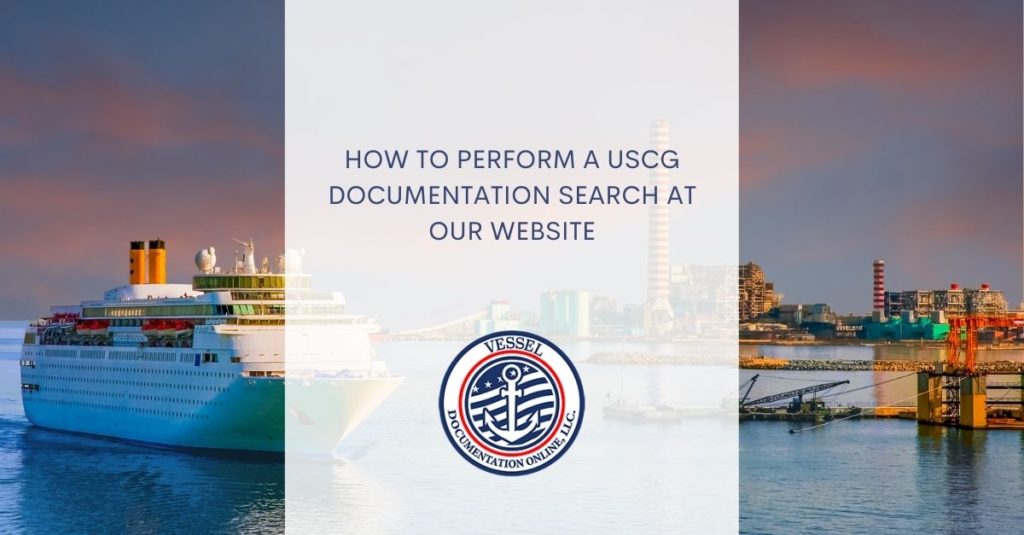If you are a vessel owner, or a vessel operator, and want to ensure that your vessel is in compliance with the US Coast Guard, there are some key things to know about the documentation process.
Whether you are looking to obtain an Abstract of Title, a Bill of Sale or other important documentation, the Coast Guard’s National Vessel Documentation Center (NVDC) is the place to go. It is also where you will find out about other important USCG information and resources.
Obtaining an Abstract of Title
When buying a vessel, you need to know its full history. An abstract of title provides that information.
It breaks down the legal history of a property by breaking down all deeds, mortgages, litigations, and tax sales. It also includes a list of owners and how long they owned the property.
The Abstract of Title is also important for lenders to know. They will review it to ensure that every previous mortgage is followed by a satisfaction of mortgage and that all claims of lien are discharged.
An Abstract of Title can be obtained through the us coast guard documentation, a company that offers this service for maritime industry members. The process will typically take 24 to 48 business hours, depending on the Coast Guard’s workload.
An Abstract of Title will normally contain a vessel’s name, Coast Guard Official Number, Hull Identification Number (HIN), and date and place built. In addition to this, it will contain information on a vessel’s current and previous owner.
Obtaining a Bill of Sale
Whether you’re buying or selling a boat, a bill of sale is one of the most essential documents to complete. It outlines the details of the sale and ensures the transfer of ownership is legal.
In addition to legally transferring ownership, a boat bill of sale can also provide important warranties about the vessel. It also acts as proof of purchase and helps you avoid legal disputes.
Before preparing your boat bill of sale, make sure you understand what information is required by your state’s laws. The document should include each party’s name, address, signature, and any other relevant information. In addition, it should contain the vessel’s HIN (Hull Identification Number).
Obtaining a Certificate of Documentation
A Certificate of Documentation is an official document issued by the US Coast Guard. It is used to verify citizenship, eligibility for endorsements, and ownership of a vessel. It also serves as proof of compliance with U.S. regulations and can be used to travel to foreign territories.
In order to be eligible for a USCG document, recreational vessels must be wholly owned by a United States citizen and measure a minimum of five net tons, about the size of a 26-foot boat. A document can also be issued for commercial vessels.
Owners may choose to federally document their boats instead of state-registering them for a variety of reasons. They may have plans to take their boat outside of the United States or the vessel was purchased with a bank loan that required documentation as part of the terms.
Obtaining a Certificate of Inspection
The first step in ensuring compliance with the US Coast Guard is to obtain a certificate of inspection for your vessel. This certificate is issued by a certified marine chemist and ensures that the ship is in compliance with all of the regulations.
The certificate must be posted on board and readily available for examination by the crew or passengers and others on demand. It is also required that it be kept on board in a weathertight container.
In addition to a certificate of inspection, your vessel may need a number of other documents, including a bill of lading and phytosanitary inspection certificates. These are documents that will verify that the goods you’re importing have been inspected and are free of harmful plant diseases. In some cases, these documents can be obtained from your exporter. If you’re not sure which documents to include, you can get some advice from the US Coast Guard. They will guide you through the entire process and help make sure that your shipment reaches its destination safely.
